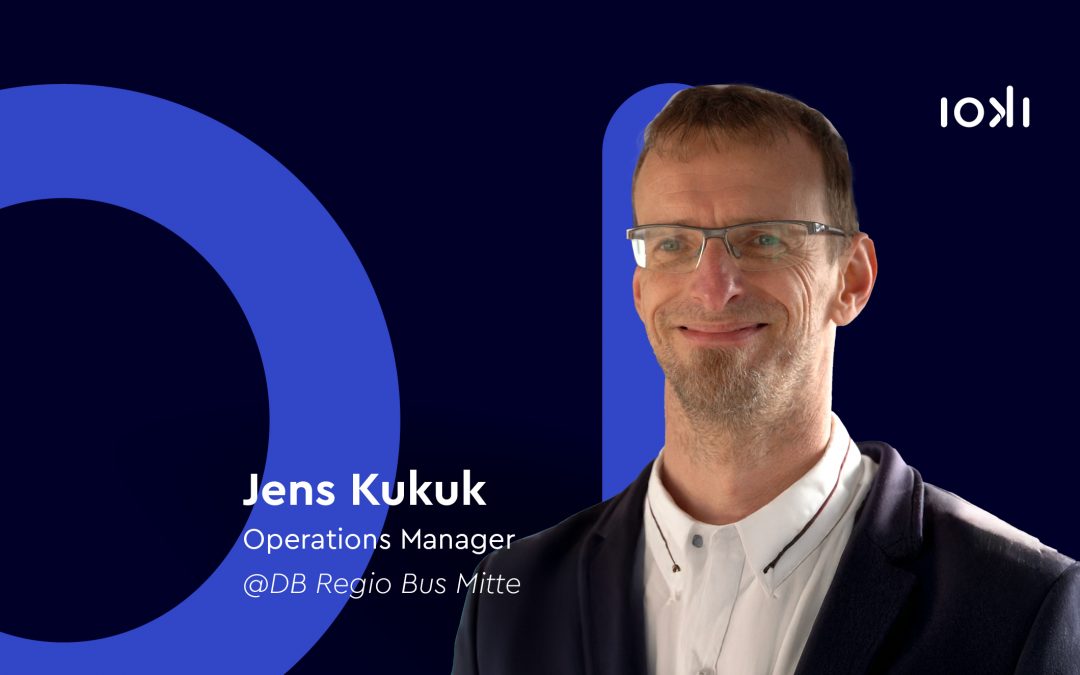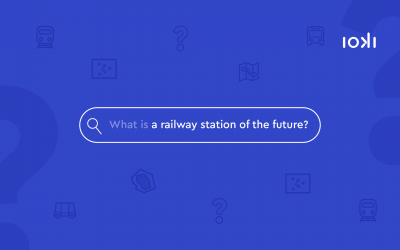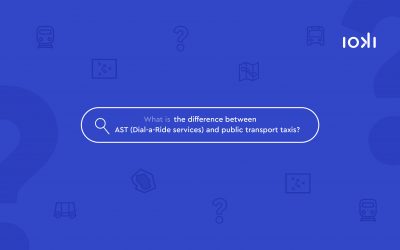Questions that employees and employers alike are asking themselves in this context are, for example
- How do I get to work, to upcoming appointments or to suppliers and customers?
- How do I save time and resources?
- How do I make my daily work routine more efficient?
- How can I make a positive contribution to environmental protection on my daily commute?
The solution to all these questions? A mobility concept that is sustainable in every respect. An on-demand shuttle for employees can be an important part of this. From the front door to the office building, as a classic company transport from two locations or from the office building to the train station or airport – all this can be provided by company-organized employee mobility.
Win-win situation for employees and employers
The big advantage for the employees? With this solution, they not only gain more freedom, but also flexibility. Organised employee shuttles mean that less time is spent in traffic jams and fewer parking spaces are required.
Companies also benefit from a sustainable mobility concept that enhances the attractiveness of their employer brand, makes a positive contribution to environmental protection and at the same time raises efficiency levels.
Thus, even in times of upheaval, solutions such as on-demand services can offer home office returnees a flexible, safe and needs-based mobility solution that is both efficient and sustainable thanks to intelligent ridepooling – of course always in compliance with all current hygiene regulations.
We have already tested how such a shuttle can look like in concrete terms with the international company Roche. As a Software-as-a-Service provider, we basically make our on-demand platform available for booking shuttle trips that meet the needs of our customers. Thanks to intelligent algorithms, we can guarantee the optimal utilisation of the vehicles and can also map short distances between individual locations and spontaneous meetings on demand. The service can be individually adapted to the individual challenges and working conditions of both employer and employee – whether it is covering mobility during off-peak hours due to shift work or bridging the first and last mile to the company’s headquarters outside the city. In the end, the focus of it is one thing above all: a mobility solution that fits both sides perfectly.
Regardless of what the service on the road or in the factory may ultimately look like, one thing is certain: In a fast-moving (working) world, companies are required to offer sustainable employee recruitment services. One innovative option is employee mobility concepts that not only limit employees to their workplace, but also take into account the effort of daily commuting and thus integrate profitability and holisticallity into the employee’s everyday life. We think: On-demand solutions can be the ideal benefit.



